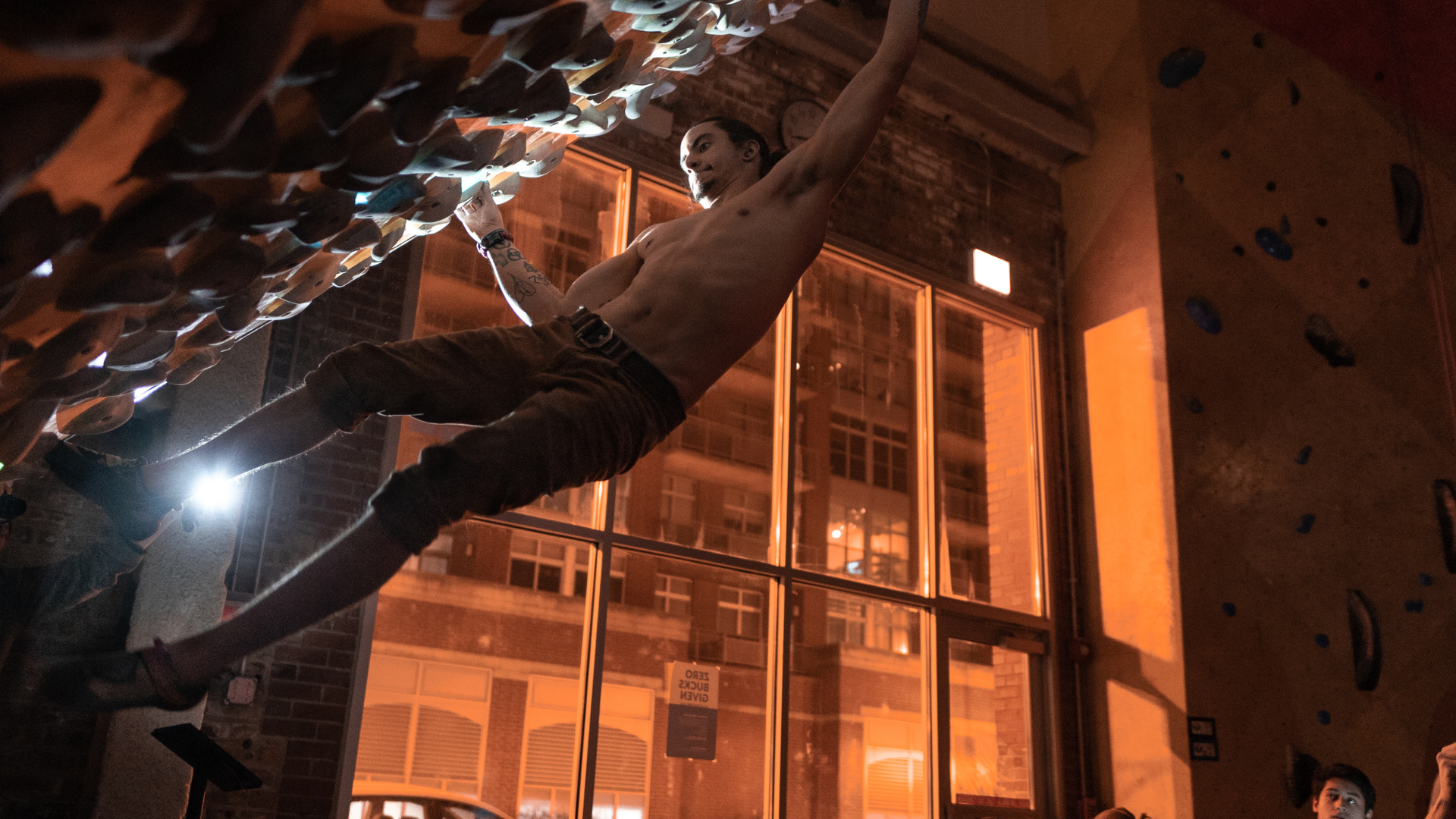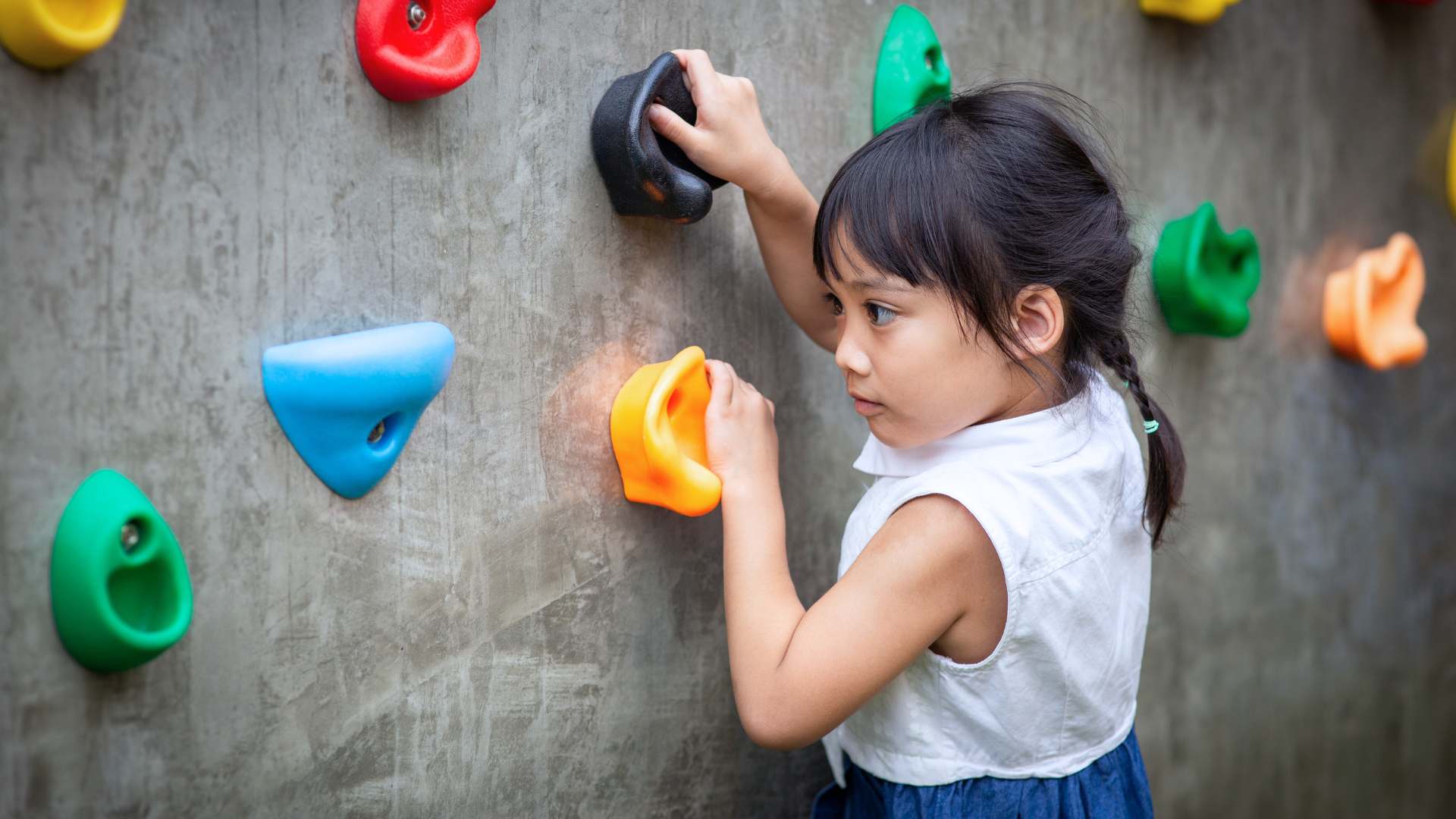Indoor Rock Climbing and Your Mental Health
Indoor rock climbing has long been celebrated for its physical benefits, from building strength and endurance to improving flexibility and balance. However, the mental health advantages of this dynamic sport are equally, if not more, impactful - and they're not just limited to a specific age group.
Whether you're a young child, a busy professional, or a retiree, indoor rock climbing at Brooklyn Boulders and in general can provide a wealth of mental health benefits that can enrich your life at any stage.
Stress Relief and Improved Mood
One of the primary mental health advantages of indoor rock climbing is its ability to alleviate stress and boost mood. Like other forms of exercise, rock climbing triggers the release of feel-good neurotransmitters such as dopamine, norepinephrine, and serotonin. This neurochemical response can help reduce symptoms of anxiety and depression, providing a much-needed respite from the daily grind.
Importantly, this stress-relieving effect is not limited to any particular age group. Children and teenagers can find an outlet for pent-up energy and academic pressures, while adults of all ages can use climbing as a way to decompress from work, family, or other life stressors.
Even older adults can benefit from the mood-boosting properties of indoor rock climbing, helping to manage the unique challenges that come with aging.
Increased Self-Confidence and Sense of Accomplishment
As climbers of all ages tackle increasingly difficult routes and overcome their fears, they experience a profound sense of achievement and self-confidence. Each successful climb reinforces positive neural pathways in the brain's reward system, fostering a growing belief in one's own abilities and resilience.
For children and teenagers, this boost in self-confidence can be particularly impactful, helping to shape their self-perception and overall sense of self-worth. As they progress through the sport, they learn to take pride in their accomplishments and develop a growth mindset that can translate to other areas of their lives.
Similarly, adults and older adults can find a renewed sense of purpose and self-worth through indoor rock climbing. Whether they're trying the sport for the first time or returning to it after years away, the sense of accomplishment that comes with each successful climb can be deeply empowering, helping to combat feelings of stagnation or loss of identity.
Improved Focus and Mindfulness
Indoor rock climbing demands intense concentration and presence in the moment to navigate routes safely and effectively. This focus-driven activity can help improve cognitive function, problem-solving abilities, and promote a state of mindfulness - providing a much-needed break from the constant distractions and rumination that can plague people of all ages.
For children and teenagers, the mental focus required for rock climbing can be particularly beneficial, helping to develop essential executive functioning skills that are crucial for academic and social success. As they learn to channel their attention and problem-solving abilities towards the task at hand, they can carry these skills into other areas of their lives.
Similarly, adults and older adults can use indoor rock climbing as a way to sharpen their cognitive abilities and combat age-related cognitive decline. The mental challenge of rock climbing can help maintain and even improve memory, attention, and decision-making skills, which can have a positive impact on overall quality of life.
Social Interaction and Community
Unlike many solitary forms of exercise, indoor rock climbing is a highly social activity that encourages teamwork, trust, and camaraderie. The supportive climbing community at Brooklyn Boulders can provide a sense of belonging and connection, which are crucial for mental well-being at any age.
For children and teenagers, the social aspect of indoor rock climbing can be particularly valuable, helping to foster meaningful friendships and a sense of belonging within a positive peer group. As they navigate the challenges of growing up, this social support can be a vital resource for their mental health and overall development.
Similarly, adults and older adults can benefit from the social connections and community that indoor rock climbing provides. As people age, they may experience increased social isolation and loneliness, which can have a detrimental impact on mental health. By engaging in this social activity, climbers of all ages can build new relationships, maintain existing ones, and feel a sense of belonging within a vibrant, supportive community.
Improve Your Mental Health Through Indoor Rock Climbing
Indoor rock climbing at Brooklyn Boulders offers a unique blend of physical and mental health benefits that can be enjoyed by people of all ages. Whether you're a child, a busy professional, or a retiree, this dynamic sport can provide a powerful antidote to stress, anxiety, and depression, while also boosting self-confidence, focus, and social connection.
By embracing the mental health advantages of indoor rock climbing, you can unlock a pathway to greater well-being and fulfillment at any stage of life. Sign up for a membership today or contact us to learn more!




